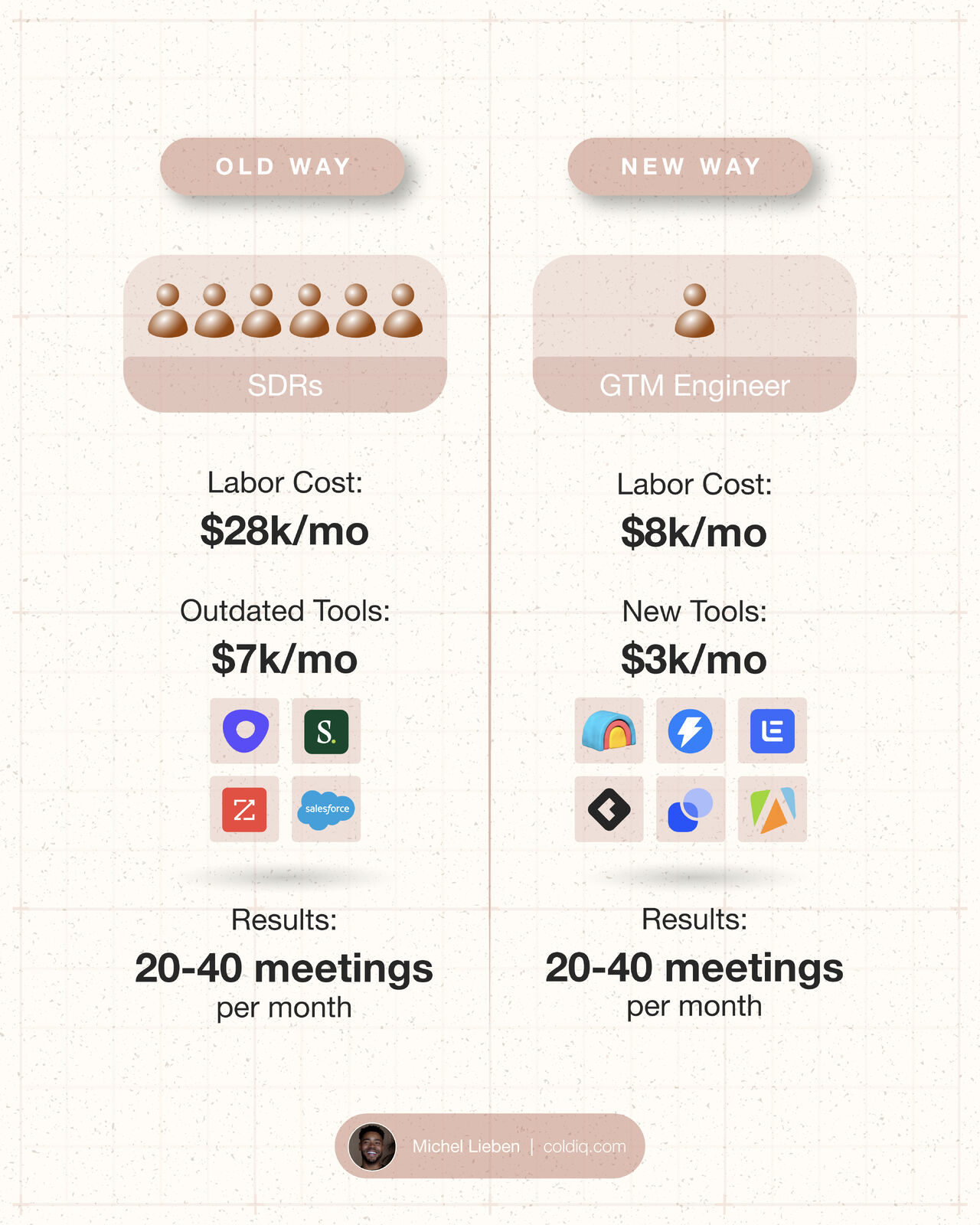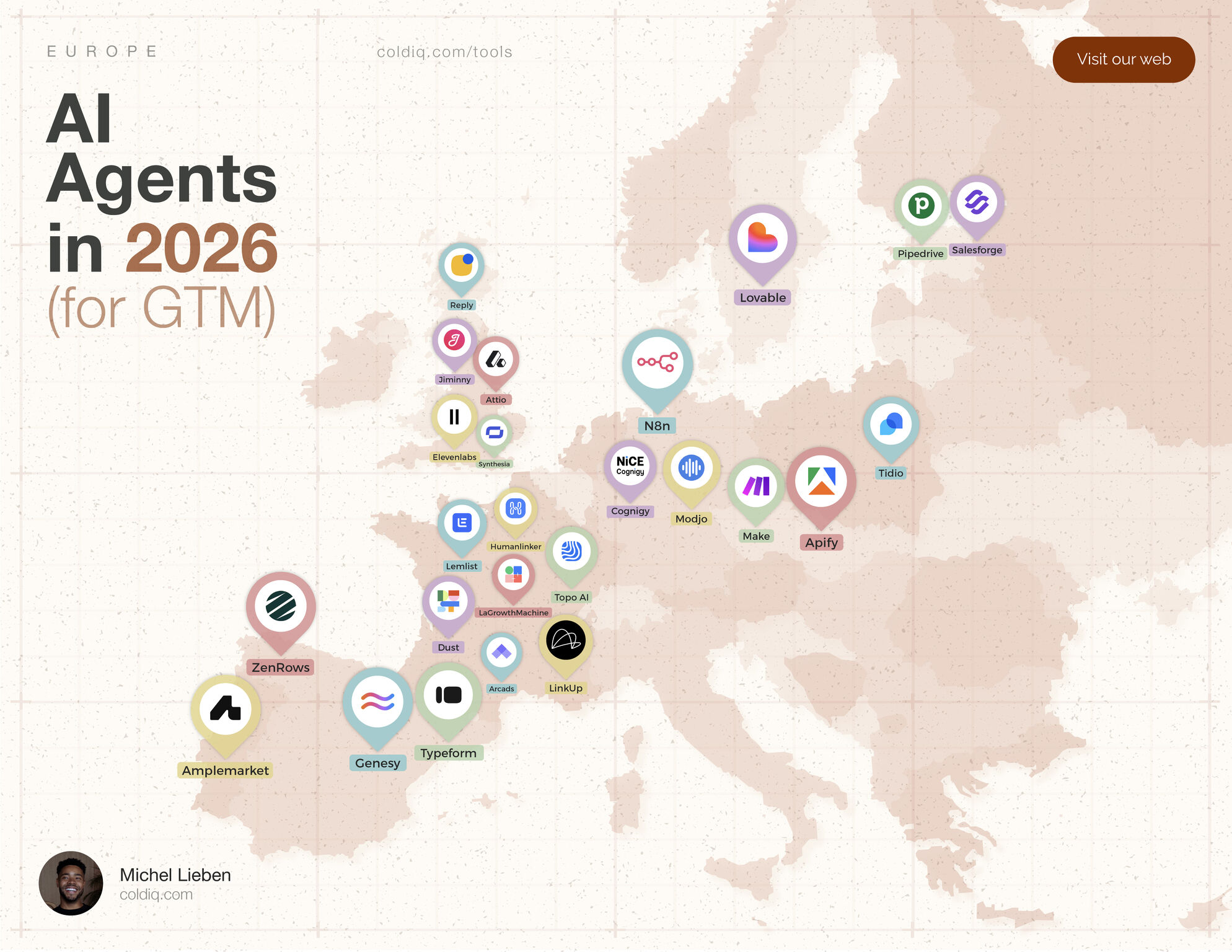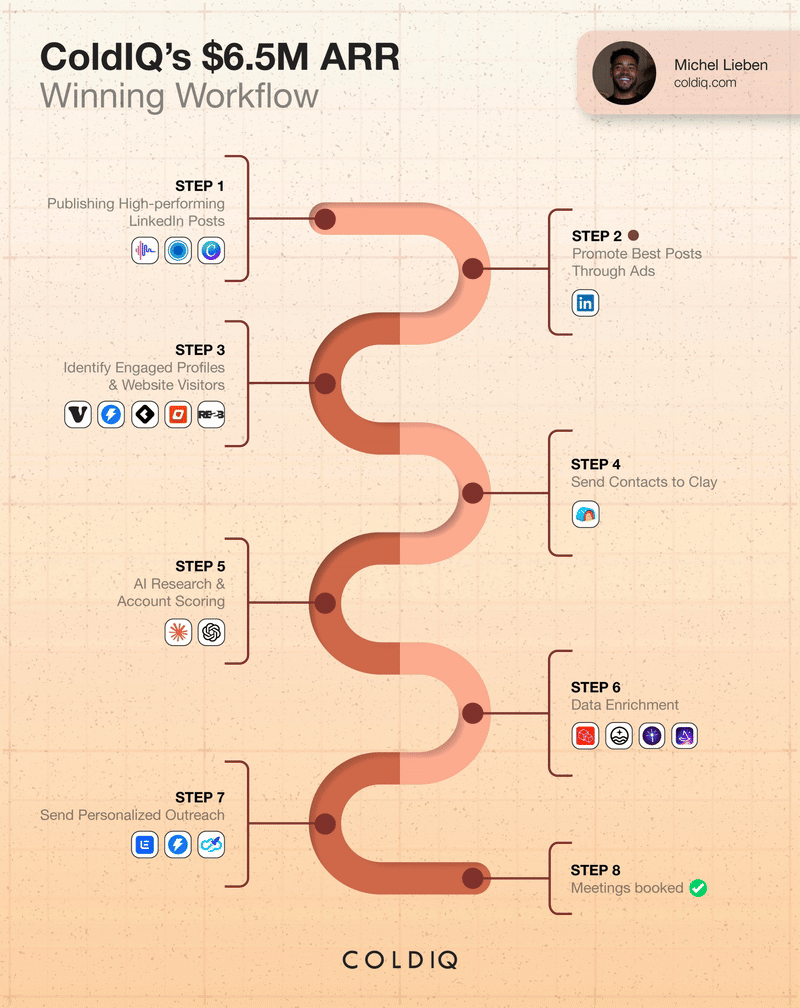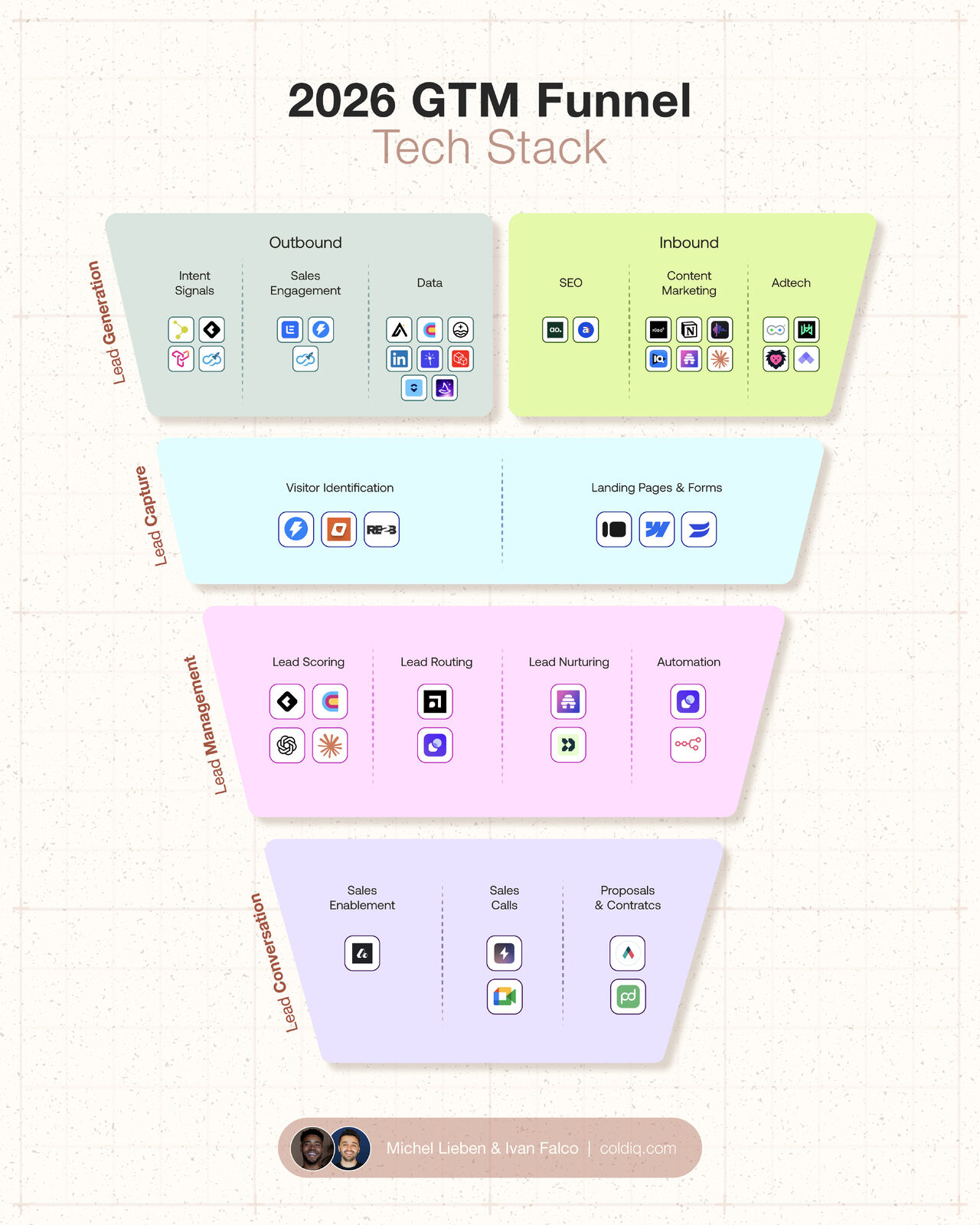How to Use AI for Sales Coaching to Improve Sales Performance
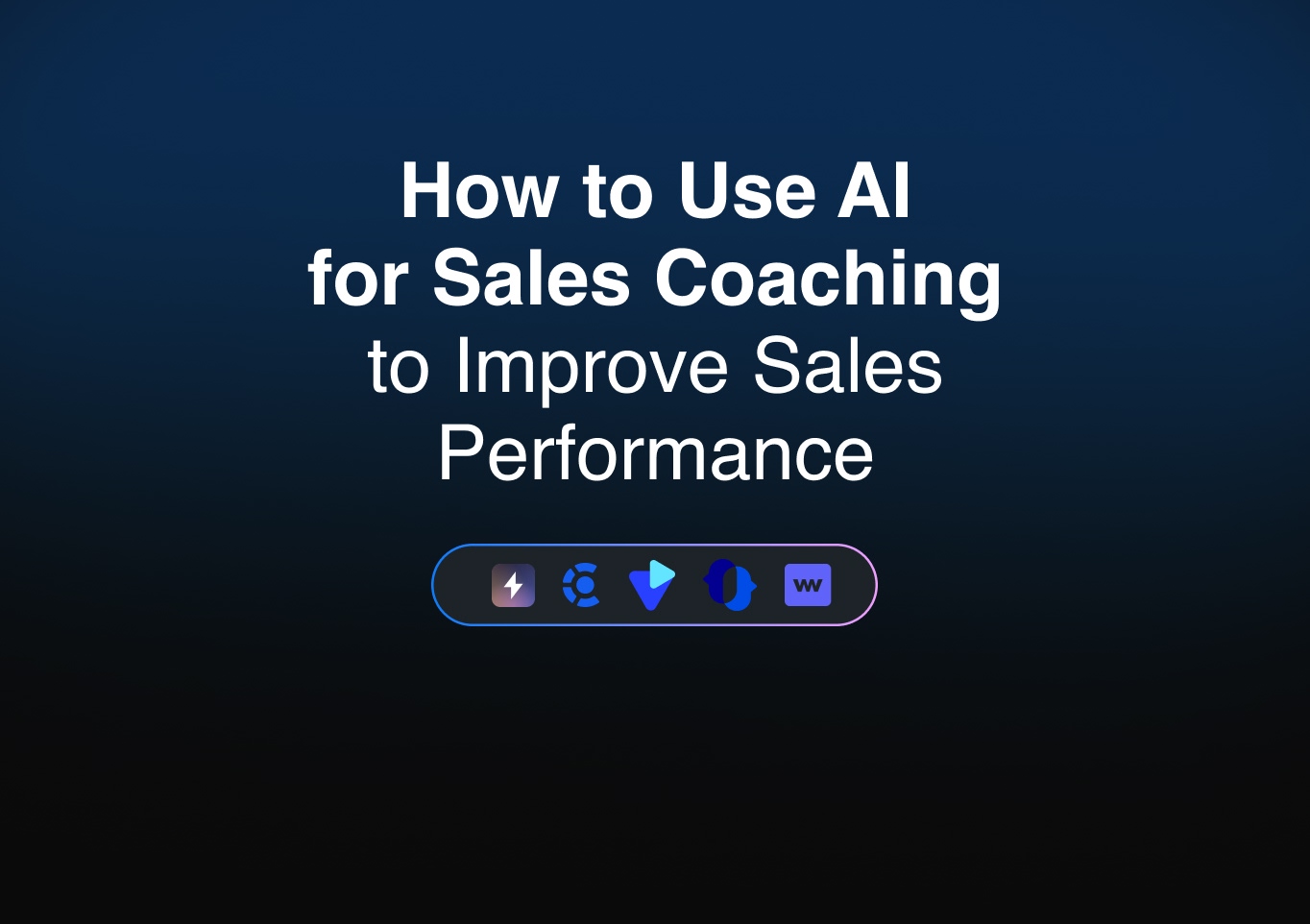
How to Use AI for Sales Coaching to Improve Sales Performance
What if every sales rep had a personal coach who never misses a detail, gets tired, or becomes overwhelmed with other priorities? Well, you can.
With AI as a personal sales coach, sales teams can receive personalized coaching to gain new selling skills and improve their performance. In this guide, we will further look at how to use AI for sales coaching and improve your performance.
What is AI Sales Coaching?
AI for sales coaching refers to the use of artificial intelligence as a virtual coach to provide personalized, real-time feedback to improve the team’s skills and performances. Unlike traditional coaching which relies on manual evaluation and results in a time-consuming and inconsistent process, AI can automate and enhance the training process for your sales team so that they have the tools and expertise needed to sell better.
A HubSpot’s AI sales trend report revealed that 18% of salespeople adopt AI as their personal coach, allowing them to experiment with new approaches and gain new skills. From better outreach to closing deals, AI-powered sales coaching tools continuously monitor sales activities, examining how sales reps structure pitches, build rapport, or handle objections with prospects.
It also analyzes vast amounts of sales data and compares customer conversations against proven best practices or benchmarks within the industry. This approach delivers personalized training and offers recommendations, ensuring sales teams operate at peak efficiency.
Benefits of AI in Sales Coaching
AI-powered sales coaching is revolutionizing how sales teams learn and grow, improving their performances and driving revenue growth for businesses. According to Value Selling Associates, companies that integrated AI into their sales training activities witnessed more than tripled (3.3x) year-over-year growth in overall sales quota attainment. However, there is more to this. This section explores some benefits of AI in sales coaching:
1. Personalized Training at Scale
AI enables organizations to create personalized learning paths so every sales rep gets a structured journey based on their strengths and skill gaps. Sales reps can ask questions and get instant responses without waiting for a human expert.
According to Virtasant, AI in education can enhance personalization, identify and remedy skill gaps, and improve the efficiency of online learning by over 57%. This substantial improvement not only accelerates the learning process but also ensures to align training with individual needs and boosts sales productivity.
2. AI-Driven Script and Pitch Optimization
AI can detect patterns in successful sales conversations, such as specific words or approaches that consistently lead to positive outcomes. Sales teams can leverage these patterns to craft resonating tailored to their needs and preferences.
Monika Grycz, GTM Engineer at ColdIQ advises sales teams to “align messaging with customer pain points and benefits. Keep it clear, concise, and results-focused.” This leads to more effective communications and increases the chances of successful closures.
3. Delivers Real-Time Feedback

AI sales tools can provide instant feedback on sales interactions, helping reps identify areas for improvement and refine their approach in real time. Matt Bullock, CEO and Founder of Spinify says "The integration of AI into sales coaching has fundamentally changed the way we approach training. By providing personalized, real-time feedback, AI allows us to pinpoint areas for improvement and accelerate the development of sales skills."
AI also prioritizes coaching moments, helping the manager focus on one issue at a time, rather than overwhelming reps with too many training sessions. These adaptive plans enhance the effectiveness of sales coaching while showing sales reps that their managers care about their growth and development.
4. Automated Performance Tracking
An AI coaching tool monitors and evaluates sales reps' activities, behaviors, and outcomes without manual intervention. It analyzes vast amounts of data from various sources, such as call recordings, email interactions, CRM entries, and meeting notes, to provide a comprehensive view of each rep's performance. This allows the technologies to identify trends, strengths, and areas for improvement, offering actionable insights to both sales reps and managers.
Related: 9 Ways to Leverage AI for Sales
Top Features of AI Sales Coaching Platforms
When evaluating AI sales coaching tools, it’s essential to look for features that boost its effectiveness. From AI scorecards to conversational intelligence and personalized coaching insights, these advanced capabilities help sales teams improve performance, refine messaging, and close more deals.
1. AI Scorecards
AI scorecards automate performance evaluation by analyzing sales calls against predefined metrics such as empathy, objection handling, and engagement. Tools like Attention leverage AI to score interactions in real-time, offering managers data-driven insights to identify strengths, coach for improvement, and drive sales effectiveness.
2. Conversational Intelligence
This involves using AI to transcribe, analyze, and extract insights from sales conversations. It uncovers patterns in successful sales interactions so that sales reps can refine their strategies, optimize their messaging, and close more deals. For instance, tools like Wonderway detect customer sentiment, track keywords, and pinpoint pivotal moments where deals progress or stall.
3. AI-Powered Call Coaching
With AI-powered call coaching, sales professionals can receive instant AI-generated feedback, refine their approach, and improve sales performance. AI-powered coaching provides personalized, real-time feedback by simulating real sales scenarios. For instance, tools like Second Nature use AI-driven role-plays to help reps practice closing techniques and objection handling in a risk-free environment.
4. Real-time Call Guidance
Real-time call guidance delivers AI-driven prompts during live sales calls, helping reps stay on track and respond effectively. Tools like Cockpit overlay actionable tips such as reminders to ask probing questions, address objections, or clarify pricing directly on the rep’s screen. This ensures conversations align with best practices, boosting confidence and increasing conversion rates.
5. Follow-ups and CRM Sync
Automated follow-ups and CRM sync streamline post-call workflows, ensuring seamless lead management. Tools like JustCall use AI to log call details, schedule follow-ups, and update CRMs in real-time. By reducing manual tasks, sales teams can focus more on selling while ensuring no lead slips through the cracks.
Best AI Tools for Sales Coaching
With many AI-powered sales coaching tools in the market, choosing the right one for your business can be challenging. We reviewed top options and analyzed ratings from sites like G2 to highlight their key benefits and drawbacks. Let’s dive in!
1. Attention
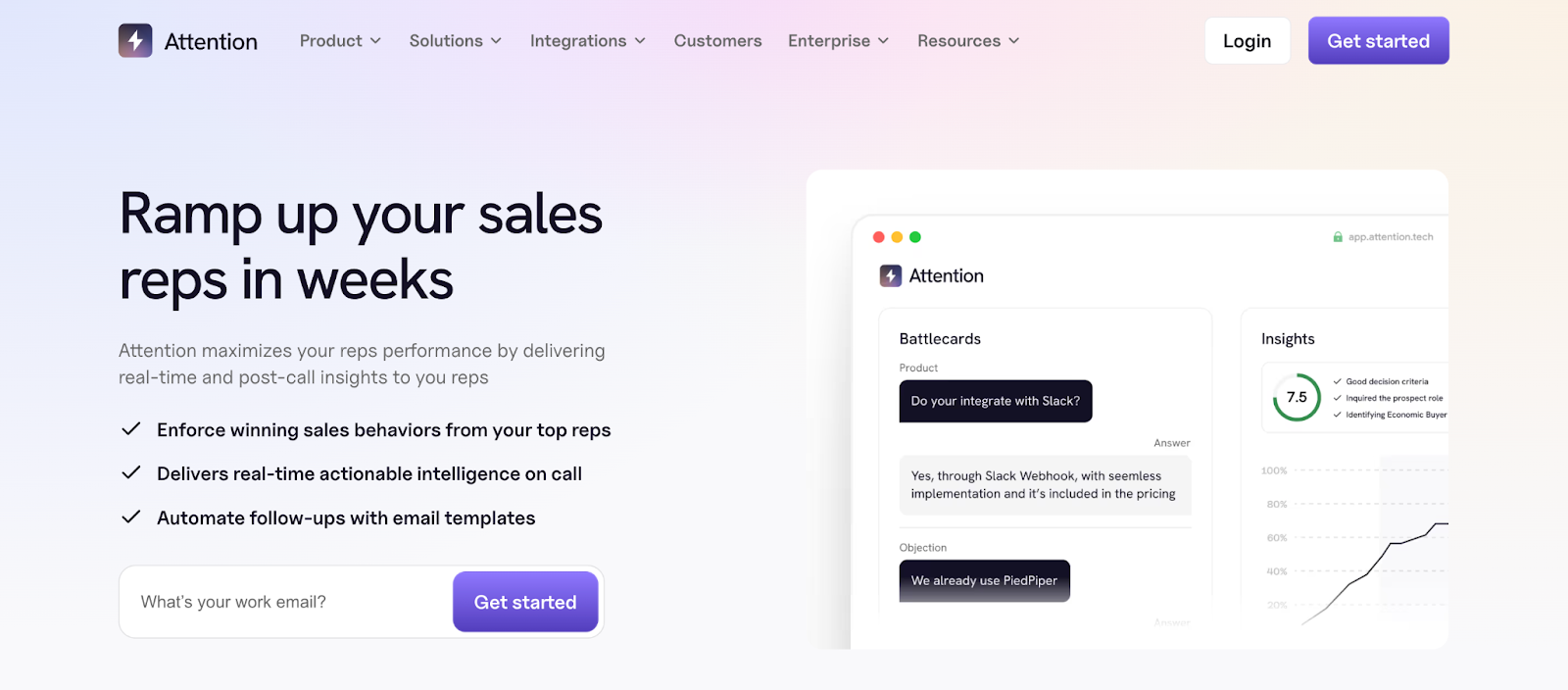
Quick Overview
Our first option, Attention, is an AI-powered sales coaching platform that analyzes and optimizes customer interactions to enhance your sales team’s performance. It delivers real-time and post-call insights to guide sales reps during conversations effectively. This scales the conversations to winning deals, making the platform a valuable asset for sales reps.
Top Features
- Sales Coaching: Attention delivers actionable insights to guide sales reps during conversations and improve their performances.
- Real-Time Call Analysis: Attention uses AI and NLP to evaluate live or recorded sales conversations (e.g., tone, pacing, keywords, empathy cues) to enhance coaching sessions.
- Conversation Scoring: It automatically grades interactions based on predefined metrics like active listening, clarity, and objection handling.
- Integration: It syncs with third-party tools like Salesforce, HubSpot, Slack, or Zapier for seamless data transfer and drive efficiency.
Pros
- Real-time Analytics: Attention provides immediate insights during sales calls or meetings, helping reps adjust their approach on the fly.
- Data-Driven Insights: It analyzes past performance to identify patterns, enabling more effective training and development opportunities.
- Scalability: It is easily scalable across teams, making it suitable for organizations of various sizes without extensive infrastructure changes.
Cons
- Integration challenges: It may require significant effort to integrate with an existing CRM and communication tools, which can delay implementation.
Pricing
Attention’s pricing isn’t available but you can contact them for a quote via their website.
Ratings
Attention is rated 5.0 out of 5 on G2.
2. Cockpit
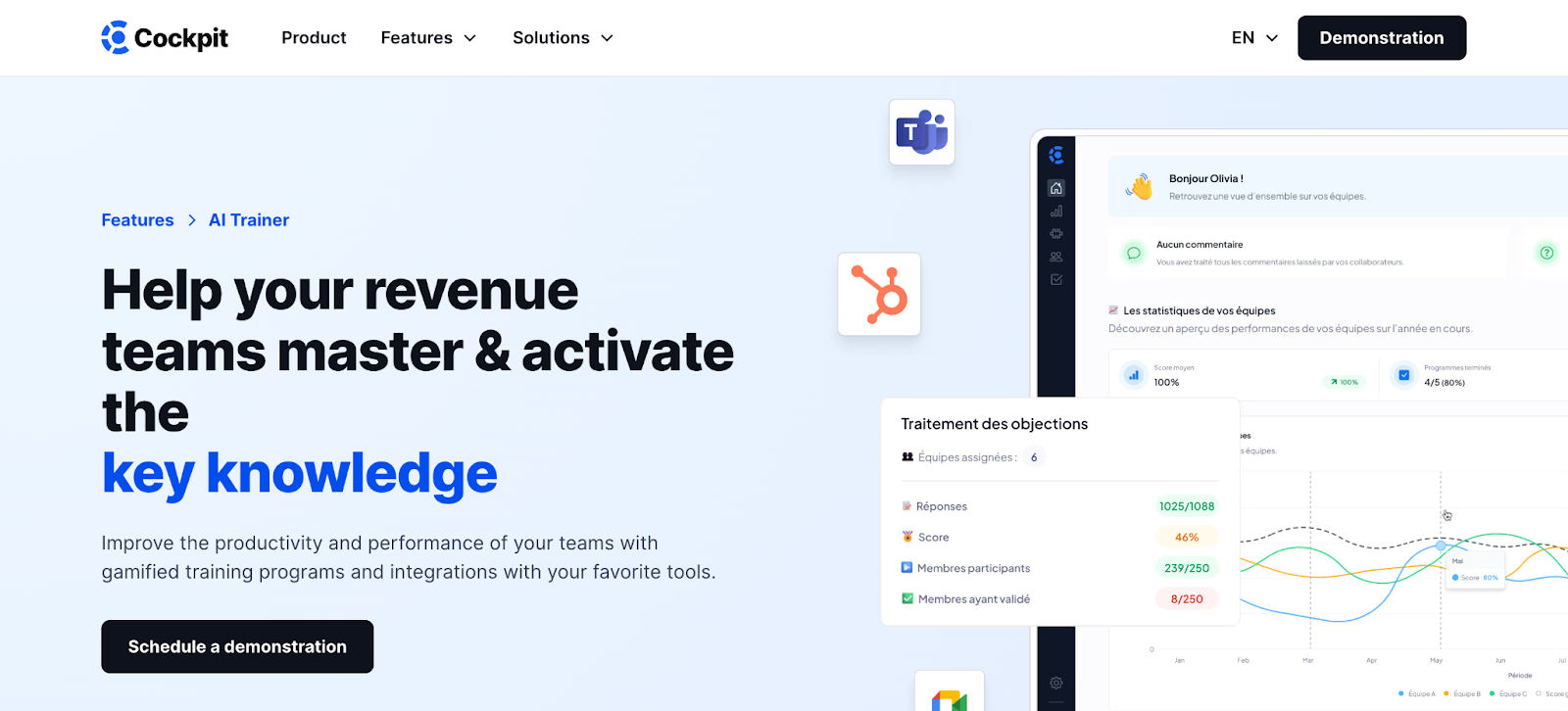
Quick Overview
Cockpit is another AI-powered sales coaching platform designed to help sales teams master specific knowledge to improve their skills and performances. With customized and gamified training programs, sales teams acquire knowledge in a fun way, enabling them to become better at selling.
Top Features
- Personalized Coaching: It tailors training to individual strengths, weaknesses, and learning styles, ensuring continuous skill development and improved performance.
- Gamified Training: Cockpit offers gamification teaching techniques to make learning fun and impactful.
- Performance Analytics: It analyzes vast amounts of sales data to identify patterns, trends, and areas for improvement, generating scorecards for targeted coaching.
Pros
- Responsive Support and Onboarding: Users have praised Cockpit's support team for being responsive to sales teams' requests and facilitating adoption and daily use. The onboarding support is also noted for being exceptional, providing personalized assistance tailored to specific needs.
- Real-Time Progress Tracking: Cockpit features real-time progress tracking, allowing users to monitor work completion, identify bottlenecks, and make adjustments to improve efficiency.
Cons
- Technical Setup and Learning Curve: Implementing Cockpit requires integration with CRM systems and communication tools, which can be time-consuming and technically demanding. Teams lacking IT support or familiarity with AI tools may struggle with initial setup and user adoption.
- Data privacy concerns: The manual data export feature could be improved. Exporting and filtering data in a spreadsheet is a cumbersome process. However, connecting it to another tool for data analysis mitigates this issue.
Pricing
Cockpit's pricing is not publicly available.
Ratings
Cockpit is rated 5.0 out of 5 on G2.
3. Second Nature
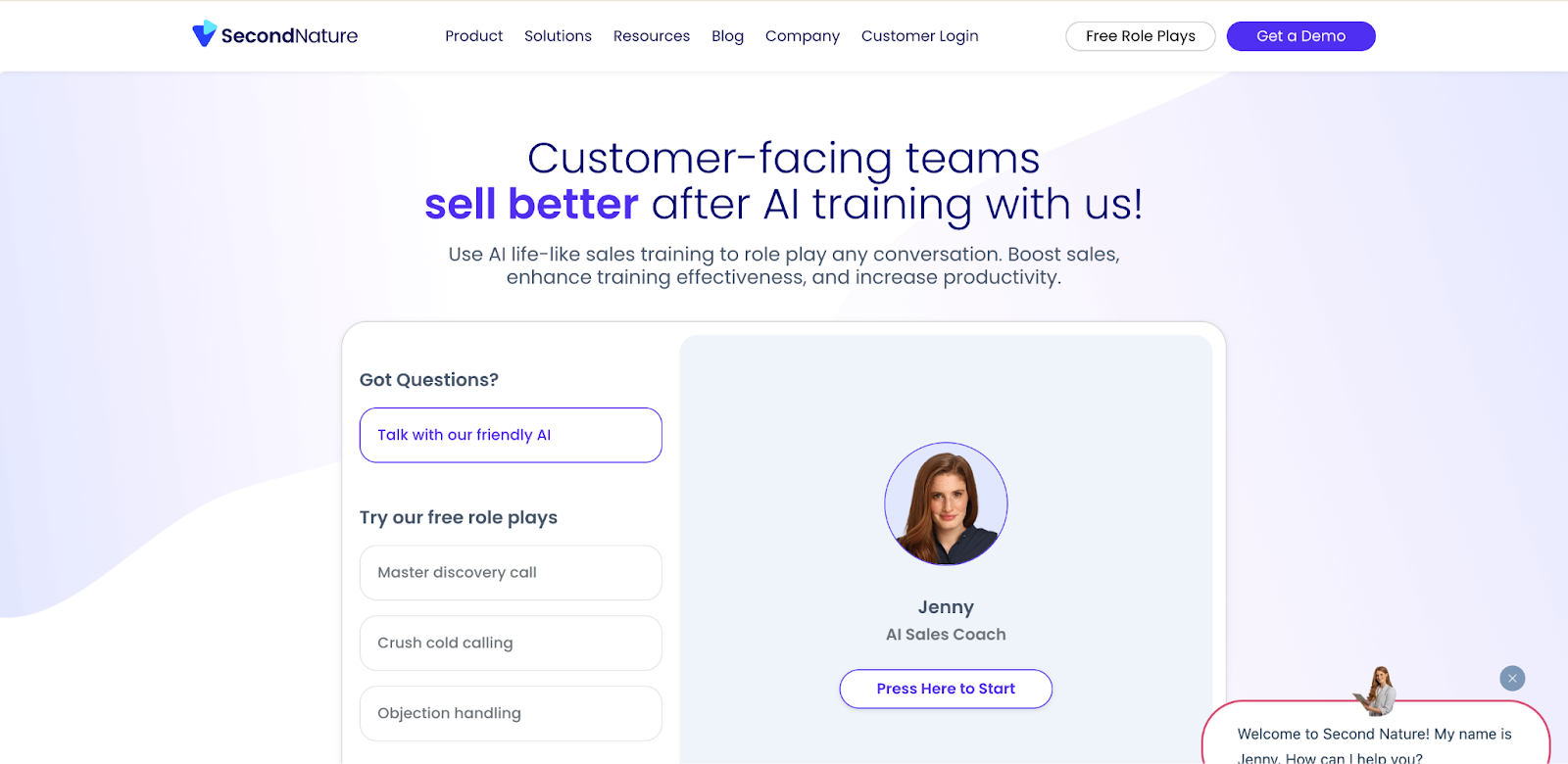
Quick Overview
Second Nature is a sales development solution that allows teams to improve their skills with AI training to sell better. It features an AI sales agent that uses conversational AI to coach sales reps, score, and help them improve, so they can ace every sales call successfully.
Top Features
- AI Sales Training: Second Nature allows sales reps to practice their pitches, objection handling, and closing techniques in a risk-free environment, helping them refine their skills through instant feedback.
- Realistic Simulations: The platform offers life-like virtual role-playing with an AI-driven avatar that acts as a real prospect or customer. This helps sales reps practice sales conversations in a natural and engaging way, preparing them for actual sales interactions.
- Performance Analytics: Second Nature tracks and analyzes sales reps' performance in real time, providing insights into their strengths and areas for improvement. Metrics such as talk-to-listen ratio, objection handling success, and pitch effectiveness help sales managers coach their teams more effectively.
Pros
- Instant Feedback and Coaching: The platform analyzes sales reps’ responses in real time, providing actionable feedback on areas like objection handling, tone, and pitch effectiveness.
- Performance Analytics for Improvement: Managers get data-driven insights into team performance, enabling targeted coaching and better decision-making.
- Scalable Sales Training: Second Nature provides automated, on-demand training, allowing sales teams to practice anytime without requiring live trainers, making it highly scalable.
Cons
- Limited human interaction: While the AI-driven simulations are highly realistic, they may not fully capture the nuances of real human emotions, tone shifts, or unexpected conversation dynamics occuring in live sales interactions. This can make the training feel somewhat artificial compared to coaching from real customers or experienced sales mentors.
Pricing
Second Nature's pricing isn't publicly available.
Ratings
Second Nature is rated 4.6 out of 5 on G2.
4. Just Call
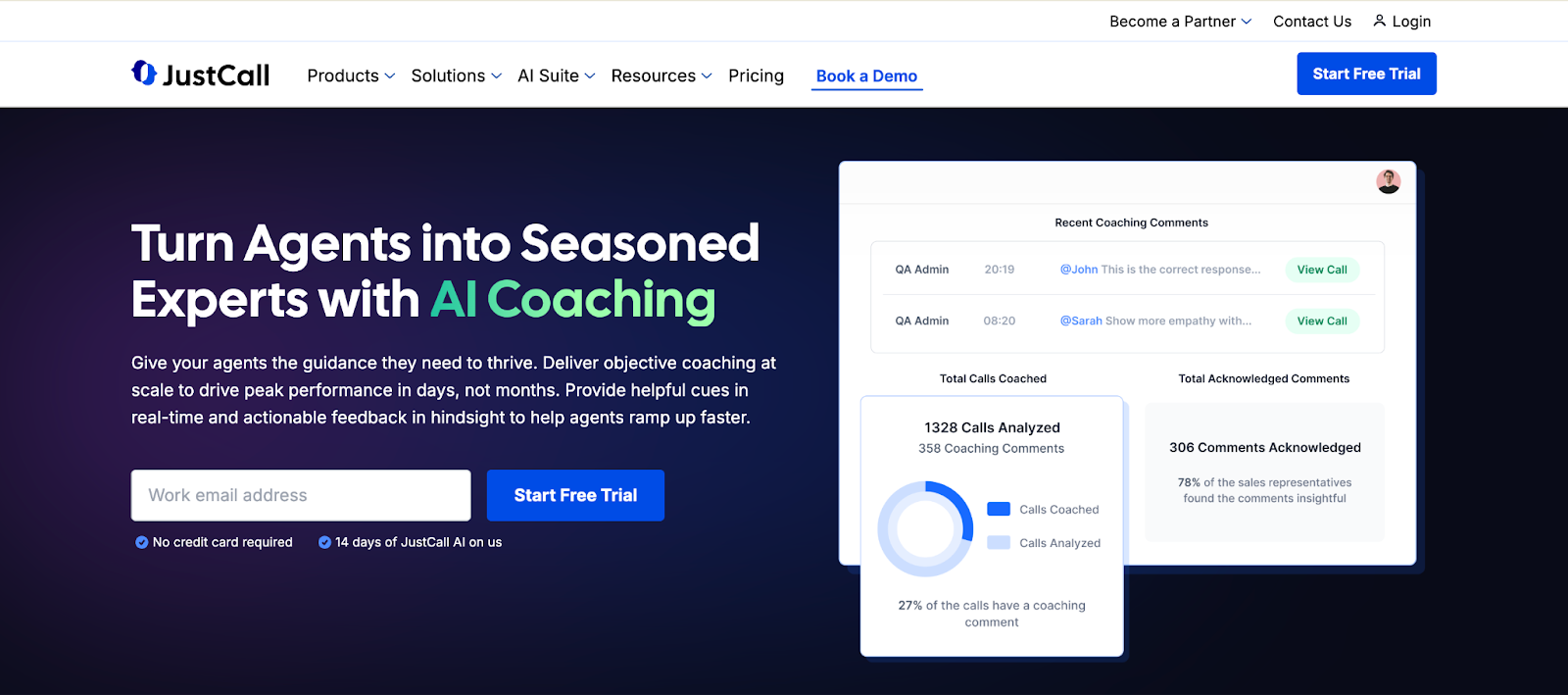
Quick Overview
Next on the list is JustCall. This AI-powered sales coaching platform features AI agents that coach and guide sales reps to improve performance. These agents pull actionable coaching insights from live calls to provide directions and enhance your team’s skills for better results.
Top Features
- Real-Time AI Coaching: JustCall’s agents offer live feedback and suggestions during sales calls to improve communication and achieve desired results.
- Call Sentiment Analysis: Analyzes customer tone and emotions, helping sales reps adjust their approach on the spot.
- AI-Powered Call Scoring: Automatically evaluates sales calls, highlighting strengths and areas for improvement based on predefined success metrics.
Pros
- AI-Powered Sales Coaching: Real-time feedback, sentiment analysis, and AI-driven coaching help reps improve call performance.
- Automated Call Transcriptions & Summaries: It saves time by eliminating manual note-taking and improving record-keeping.
- Seamless CRM Integrations: Connects with Salesforce, HubSpot, Zoho, and other tools, ensuring smooth workflow management.
- Predictive Dialer & Call Automation: Boosts outbound sales efficiency by reducing idle time and increasing call volume.
Cons
- AI Coaching May Require Fine-Tuning: While AI is powerful, AI-driven coaching might need customization to align with specific sales strategies.
- Pricing Can Be High for Small Teams: Advanced AI features and integrations can get costly, making it less ideal for startups with tight budgets.
Pricing
JustCall offers a plan starting at $29/month.
Ratings
Just Call is rated 4.3 out of 5 on G2.
5. Wonderway
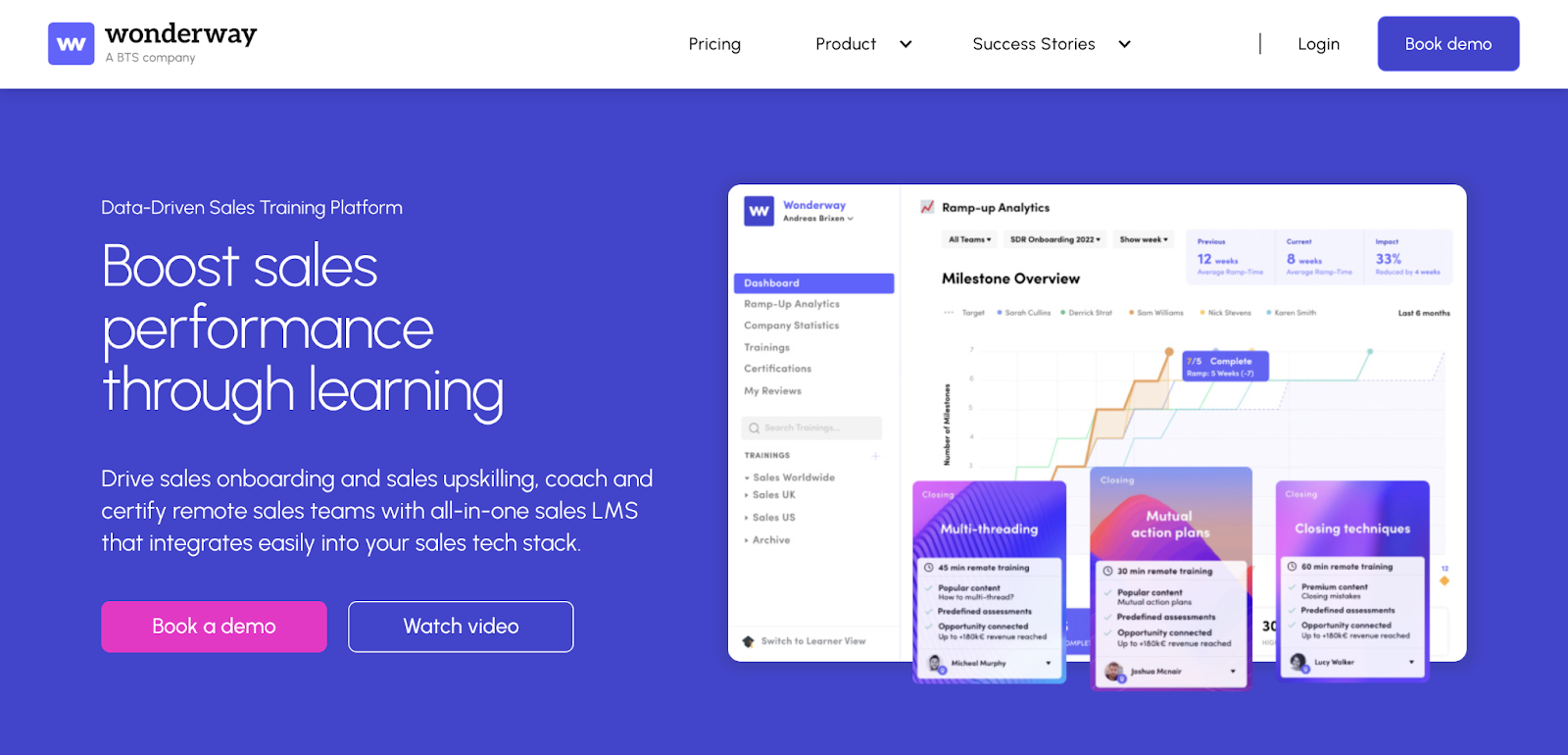
Quick Overview
Our last option is Wonderway. This AI-powered sales coaching platform uses natural language processing to analyze sales calls, understand rep strengths and weaknesses, and provide personalized feedback to improve performances.
Top Features
- Automated Call Scoring and Real-Time Feedback: Wonderway automatically evaluates every sales call, providing real-time, actionable feedback to sales representatives. This process eliminates the need for manual call reviews, allowing for immediate identification of strengths and areas needing improvement.
- Personalized Training Programs: Beyond call analysis, Wonderway provides a Sales Learning Management System (LMS) that enables personalized training programs. It offers a comprehensive library of microlearning content and role-play simulations to promote the adoption of your sales methodology.
- Seamless Integrations: Wonderway integrates with various sales tools, including major dialers, video conferencing platforms, and CRM systems like Salesforce, HubSpot, and Pipedrive. These integrations streamline workflows and ensure a cohesive sales coaching experience.
Pros
- Automated Sales Coaching: Wonderway provides real-time, AI-driven feedback on sales calls, reducing the need for manual coaching and helping users improve quickly.
- Customizable Scorecards: It aligns with various sales methodologies like MEDDIC, SPICED, and SPIN for coaching and pipeline qualification.
- Seamless CRM Integration: It works with Salesforce, HubSpot, Pipedrive, and others to streamline sales workflows.
- Multilingual Support: It enables coaching for global sales teams across different languages
Cons
- Limited Human Interaction: It lacks the nuanced feedback and mentorship a human coach could provide, potentially affecting complex skill development.
- Technical Challenges: Bugs, integration issues, or platform complexity might hinder user experience.
Pricing
Wonderway offers customized annual contracts and a free trial is available on request.
Ratings
Wonderway is rated 4.6 out of 5 on G2.
How to Implement AI for Sales Coaching in Your Organization
Traditional sales coaching strategy wastes time and leaves sales leaders exhausted. However, implementing AI into your sales coaching strategy can enhance the process and elevate the performance of your entire sales team. In this section, you will learn how to implement AI into your sales coaching program.
1. Define Objectives and Goals
Successful AI-driven sales coaching starts with clear objectives. Without them, AI tools risk becoming disconnected from real business needs, leading to wasted resources and limited impact. Defining objectives ensures AI directly addresses gaps (like inconsistent coaching and low conversion rates) and aligns with leadership’s vision for growth.
But how do you identify specific business goals and objectives? First, start by diagnosing pain points. Are reps struggling with objection handling? Is there inconsistency in deal closure? Once you have identified the pain points, collaborate with sales leaders, enablement teams, and frontline managers to validate them and examine how they align with your business’s needs. Understanding your team’s pain points can help frame realistic and impactful goals.
2. Access your Current Sales Performance Metrics
Assessing your current sales performance metrics is necessary for understanding where your team stands before integrating AI into sales coaching. Start by analyzing historical sales data to identify market trends and your team’s challenges. Look at key performance indicators such as the average sales cycle length, win rates, and customer engagement levels.
Then, review call recordings, emails, and CRM data to identify patterns in successful and unsuccessful sales interactions. This helps establish a benchmark that AI can use to detect areas for improvement. If certain reps consistently close deals faster, AI can analyze their approach and provide insights that others can replicate. Similarly, if deals often stall at a specific stage, AI can pinpoint potential causes and suggest corrective actions.
3. Select the Right AI Tool
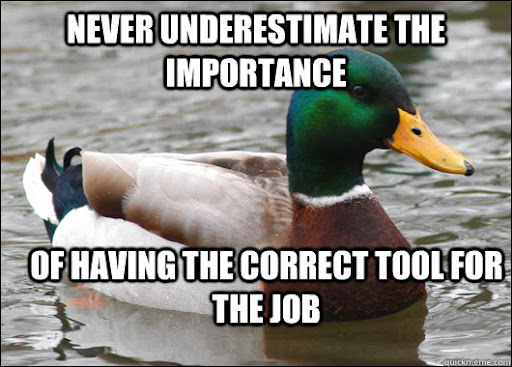
Tool selection is not about chasing “shiny AI” but solving defined problems. The right tools should integrate seamlessly with your CRM, analyze sales conversations, and provide real-time coaching insights.
So, how do you choose the right tool? First, research and evaluate AI solutions for sales coaching. These tools should analyze sales performance, provide real-time insights, and enhance learning capabilities.
Also, consider the user interface and support that comes with the tool. Ensure it’s easy to use. Evaluate whether the AI tools can easily synchronize with your Salesforce or other CRM platforms to ensure data consistency and accessibility. Finally, look for case studies or user testimonials to gauge the effectiveness of these AI tools in real-world applications.
4. Train AI Models
With the right AI tools in place, the next step is training the AI models to recognize sales patterns and deliver meaningful coaching insights. What problems do you want it to address? Select appropriate algorithms that can solve these problems. Then, gather and process data from relevant sources, such as sales call recordings, email communications, and CRM entries. Also, ensure the data is clean and formatted correctly and create new variables (features) to help the model learn better.
Next, use historical data to train your AI models to recognize patterns and predict outcomes. Don’t forget to validate models. This entails running the model on a separate set of data to assess how well it performs. Implementing continuous monitoring and optimization of the AI model.
5. Train Sales Professionals
Every training process begins with comprehensive tool training, including foundational knowledge of AI concepts and hands-on workshops to familiarize users with specific AI tools. The focus should be placed on identifying and interpreting actionable AI insights. This involves teaching sales reps to translate these insights into actionable coaching strategies and individualized training plans that cater to the specific needs of their teams.
Companies should encourage continuous learning by offering ongoing training opportunities and implementing mentorship programs where experienced coaches assist newer members in understanding and applying these AI insights. Recognizing and celebrating wins from AI-driven coaching keeps teams motivated and reinforces adoption.
6. Monitor and Optimize
Continuous monitoring ensures AI-driven coaching stays effective. Track performance metrics, gather user feedback, and refine AI models to keep pace with changing sales dynamics. Make iterative adjustments to the AI models and coaching strategies, fostering a culture of continuous improvement to ensure that the program remains aligned with organizational goals and adapts to the evolving needs of the sales team.
Challenges of AI-Driven Sales Coaching and How to Overcome Them
AI-driven sales coaching offers many benefits but it isn't without its challenges. Here are some of them and how to overcome them.
1. Data Quality
Think of AI as a coach that learns from past sales conversations and customer interactions. If the data it learns from is inaccurate, incomplete, or outdated, its advice won’t be reliable. At the end of the day, AI is only as good as the data it’s fed. Ensuring high-quality, relevant, and up-to-date data is crucial for AI to help sales teams improve performance.
To tackle data quality challenges, organizations need a solid data management strategy. This means regularly checking and cleaning their sales data to keep it accurate, complete, and up to date. As sales teams review and refine their pitch, businesses should audit their data to catch errors before they affect AI-driven insights.
2. Need for Human Interaction

While AI can analyze data and suggest improvements, it struggles to replicate the emotional intelligence and deep understanding that human coaches bring. Sales reps who thrive on real conversations and mentorship might find AI-generated feedback lacking the warmth and encouragement they need to grow. If the coaching process feels too robotic, it could lead to disengagement rather than improvement.
To overcome this, organizations should adopt a hybrid coaching model that blends AI insights with real human mentorship. AI can handle data analysis and performance tracking, while human coaches provide personalized guidance, encouragement, and emotional support. Regular one-on-one coaching sessions, team workshops, and open discussions ensure sales reps feel valued and motivated.
3. Data Privacy and Ethical Concerns
AI-powered sales coaching depends on vast amounts of sensitive data — customer details, sales figures, and even employee performance metrics. While this data helps AI provide valuable insights, it also has serious privacy and security risks. Unauthorized access, data breaches, or even accidental exposure of personal information can affect customers’ trust in the brand and impact the business’s growth.
Hence, businesses need to take a proactive approach to securing customer’s data. Encryption should be a standard practice, protecting customer and sales data in storage and during transmission. Strong access controls ensure that authorized personnel can view or use the data, reducing the risk of leaks or misuse. Sales teams and businesses must ensure their AI tools handle data responsibly, protecting customer and employee information while still delivering actionable insights.
How ColdIQ Elevates Sales Coaching
Traditional coaching methods rely on manual call reviews, subjective feedback, and time-consuming one-on-one sessions. However, AI sales tools are transforming the way businesses approach coaching, making it more data-driven, personalized, and efficient.
ColdIQ’s AI-focused coaching program improves your sales coaching strategy, enabling the sales team to receive actionable insights and harness the full potential of their sales tech stack. Ready to take your sales coaching to the next level? Book a demo today and see how ColdIQ’s AI-driven solutions can elevate your team’s performance and drive better results.
FAQs about AI for Sales coaching:
1. How does AI improve sales coaching?
As a future of sales excellence, AI improves sales coaching by leveraging data analysis, automation, and personalization to enhance rep performances.
2. Can AI replace human sales coaches?
AI enhances sales coaching but cannot replace the human element essential for effective mentorship and leadership.
3. What are the best AI tools for sales coaching?
The ultimate AI tool for sales coaching depends on your specific needs and overall business objectives, features, and capabilities. However, you can consider AI tools like Attention, Cockpit, Just Call, Wonder Way, and Second Nature.
FAQ
Many teams expect instant perfection and overlook the need for quality data and clear goals. Starting without proper training or buy-in can limit AI’s effectiveness. Focus on gradual adoption and strong support to succeed.
AI provides personalized feedback that highlights progress and areas for growth, boosting confidence. When reps see clear evidence of improvement, motivation to engage with coaching increases significantly.
How do you balance AI insights with human intuition in sales coaching?
What is the best way to measure AI coaching impact over time?
Let's Get Started!
Schedule a 30-minute call with ColdIQ leadership to learn how our outbound strategy and sales tools help generate qualified leads and close deals.
.avif)
.svg)
